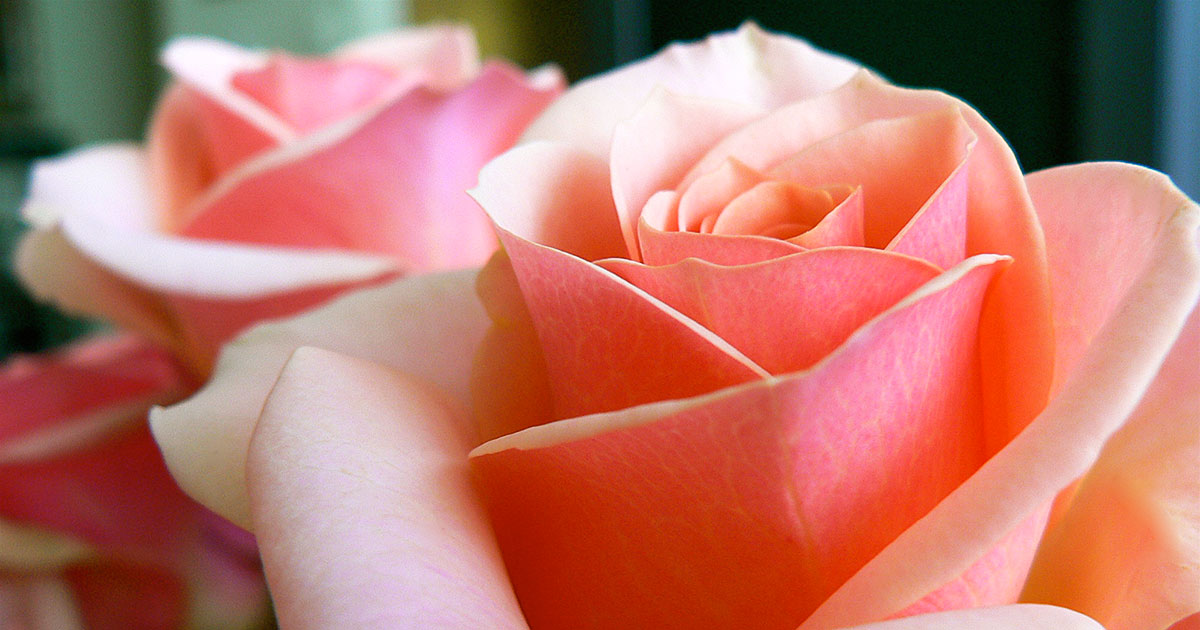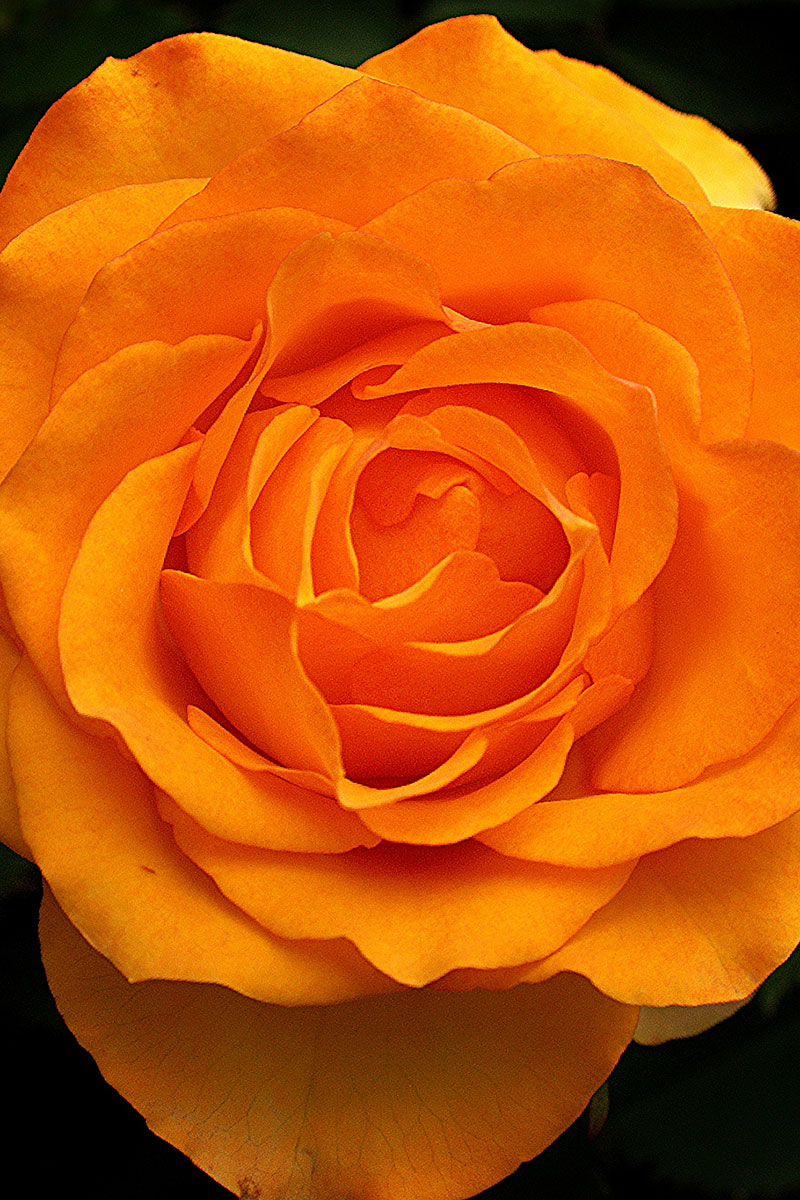Learning how to stop multitasking is one of the greatest challenges we face. Can you do one thing at a time? I used to not be able to, not really. But I’ve changed that.

I used to think that multitasking was a good thing because it helped me reached my goals faster. It proved that I wasn’t wasting any of my precious time on things that shouldn’t take up too much of it. I saw it as essential to my job as a magazine editor-in-chief, where I was hit with dozens of pressing decisions every day. I also saw it as a survival skill in my job as a mother. If I could do what my kids and home life needed of me while doing other things, I might reach the end of the day and find that I had free time left over for myself.
I was afraid that if I stopped trying to do so many things simultaneously my life wouldn’t function smoothly. What I didn’t realize is that the very act of multitasking was a huge source of stress and fatigue—and that by engaging in it daily, I was preventing myself from leading a relaxed and truly satisfying life. My assumptions about the benefits of multi-tasking were completely wrong. I wasn’t a Super Editor or a Super Mom. I was merely human, and I deserved to live in a more relaxed way. I deserved to stop and smell the roses.
Multitasking is not the same as organizing many moving parts.
Suffice it to say that getting cancer put an immediate end to all of that. It’s nearly impossible to be a high-powered multitasker when you’re in the throes of a serious illness. Cancer taught me how to do one thing at a time—and to love it. Now that I’ve been cancer-free for over five years, I can honestly say that one of the great gifts of that experience is that I learned how to stop multitasking.
Learning how to stop multitasking is a modern imperative
In today’s world multitasking is made easier than ever thanks to technology. You can cook dinner while checking email, while talking on the phone. How many times each week do you find yourself doing one thing and reaching for your smart phone “just to” do something else? You know the scenario: You’re shoving toast in your mouth while shooting off a text message and going over your kids’ schedule for the day. The worst version of this—and one of the most dangerous—is texting while driving.
Preventing yourself from multitasking is very hard, and a self-discipline worth developing for your sake and for others’.
Or maybe you’re multitasking all the time at work. Are you that person who’s trying to read email while talking on the phone with someone, only to realize you didn’t hear a word? Are you constantly doing a task halfway, then allowing yourself to be interrupted as soon as people demand that you pay attention to their needs? Scientists have proven that experiences make people happier than money. If you don’t allow yourself the time to have meaningful experiences, is all the money really worth it?
I find it frustrating when my family is watching TV together and we all grab our phones during the commercial break. We could simply mute the sound and take a moment to chat or sit there, but we feel compelled to keep entertaining ourselves. At these moments I have to remind myself not to multitask. As parents our compulsion to use our smart phones and tablets any chance we get is setting an example for our children. Remember being a kid and feeling happy playing kick-the-can or jumping rope? Part of the pleasure was in doing one simple game. Nowadays kids’ games are often so techno-oriented and so complex that their minds don’t get a break from multitasking unless we parents insist on it.
I believe that multitasking all the time helps to erode our feeling of inner calm and contributes to a sense of resentment tied to feeling constantly “in demand” by the world around us. When I had cancer, I didn’t stop multitasking because I was too exhausted to do it anymore; I stopped because I suddenly felt that the multitasking was robbing me of the chance to focus on being happy that I was still alive. As I started focusing on doing just one thing at a time, I also started seeing the world—and my place in it—more clearly. I was filled with happiness and I think that helped me heal, at least emotionally, from the trauma of surgery and the fear of dying.

The choice to multitask or not is your own
Next time you find yourself multitasking, be aware that you can choose not to. Leave your phone or other device in a separate room while you do an activity. If you can’t prevent yourself from hopping up to grab it, you’ll know that it’s a real habit you may need to work harder to break.
Stop worrying about missing out on things that are happening in the world while you’re resting; you can always catch up later. After I got through the hardest part of my cancer treatments, I canceled my Facebook account for a while. It wasn’t that I didn’t want to keep in touch with my friends; it’s that I needed to focus on building my new life with my new post-cancer perspective. My true friends understood when I started a new Facebook account and “friended” them again. They were happy to have me back, and didn’t ask why I’d left. I’m sure that I missed out on a lot during my absence, but I gained something invaluable within me that I’ve never since lost.
Next time you find yourself multitasking, be aware that you can choose not to. Leave your phone or other device in a separate room while you do an activity.
Of course, you don’t need to wait for a huge life event to start allowing yourself to savor every moment that you’re on Earth. You can start anytime, and you’re completely justified in your desire to do so. Make it one of your big goals now to start doing one thing at a time. You’ll find that your satisfaction from the smallest tasks will increase tremendously.
You’ll also find that multitaskers around you may be annoyed that you’re no longer willing to satisfy their “needs” immediately, especially at work. Just be confident in why you’re changing your habits and ignore any criticism they throw your way. Maybe they’ll even learn something from you in the process!
Your kids, too, may not understand at first. Now it’s almost a joke in my family that I don’t multitask while driving the car. My kids used to use that time together to pepper me with questions, and debate all sorts of things they believed were urgent matters. It was distracting and made the driving time even less pleasurable. Now my kids know that those discussions will have to wait until we’ve parked.
By refusing to multitask in my kids’ presence, it also means that I’m more present for them on a regular basis.
If you discover that you can’t get everything on your “to do” list done because you’ve stopped multitasking, ask yourself: a) if you can eliminate some of them; and b) if you’re allocating too much time to each activity. Are you being too much of a perfectionist, hoping to achieve a golden standard that’s unrealistic? Instead, figure out how much time you truly think each task deserves, then set a timer. Make it your goal to get that one task done before you move on to the next. It’s a satisfaction that you deserve to feel.
Have you tried to stop multitasking? What happened? I’d love to hear about it.
Other articles about why you should stop multitasking because it’s bad for you:
- Multitasking is Killing Your Brain, by Larry Kim, Inc.com
- Media Multitaskers Pay Mental Price, Stanford Study Shows, by Adam Gorlick, Stanford News
























